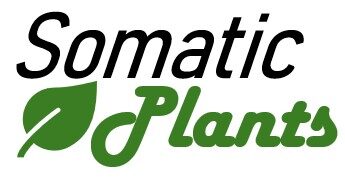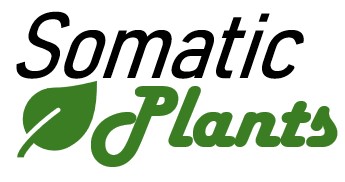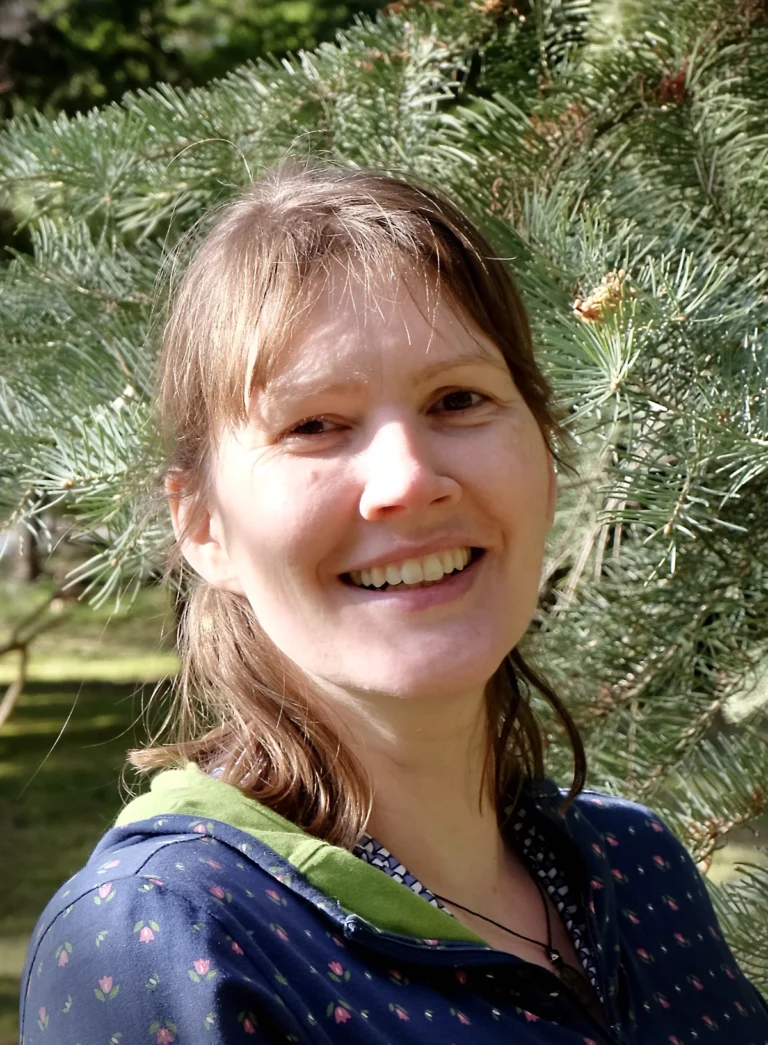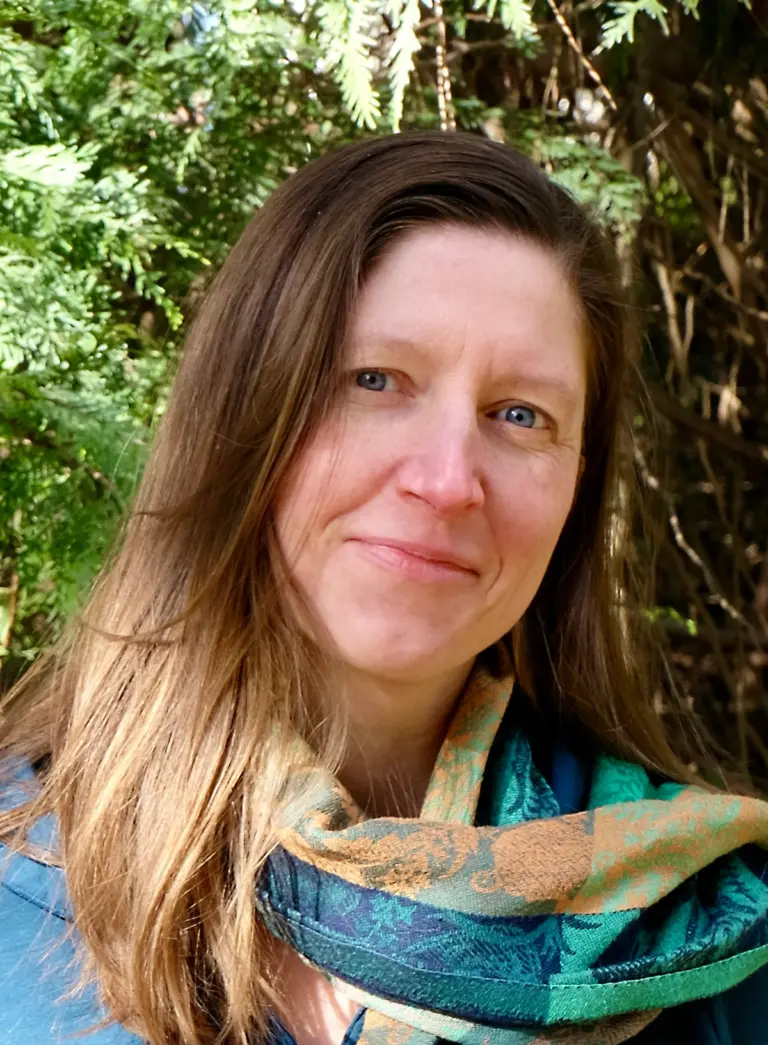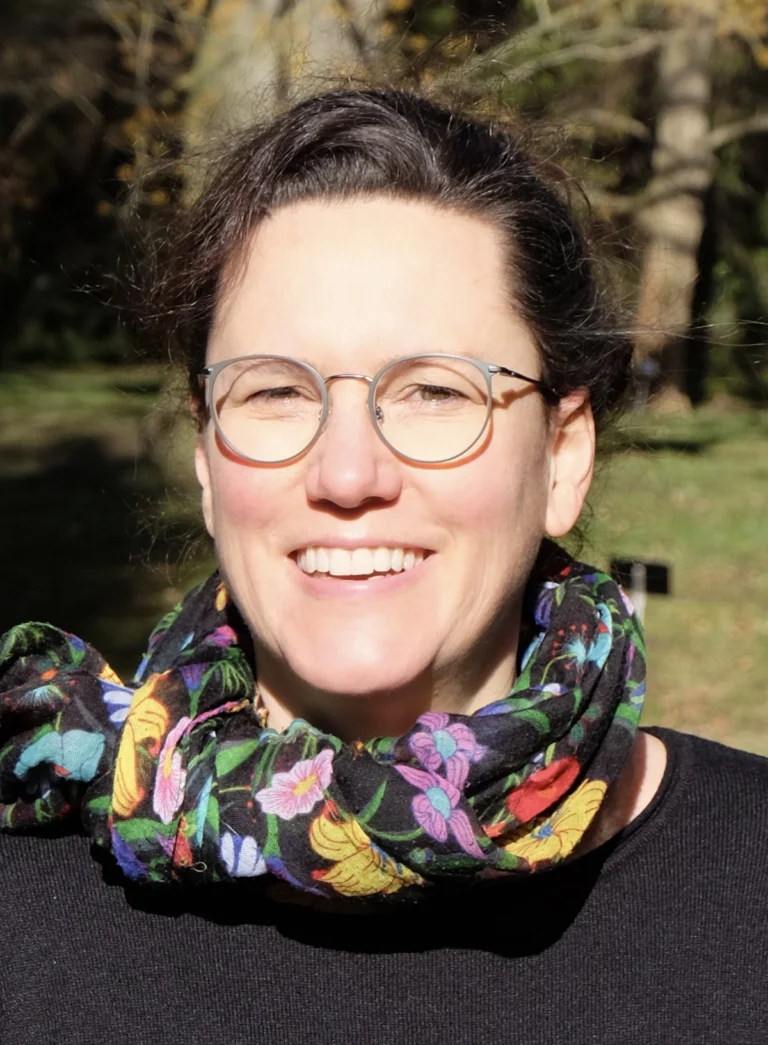
Andrea Rupps
Dr. rer. nat. — Senior Researcher at Humboldt-Universität zu Berlin
“I am fascinated by the remarkable phenomenon of totipotency in plant cells — their ability to regenerate an entire plant from a single cell. My primary interest lies in unraveling the molecular mechanisms that initiate and regulate somatic embryogenesis, the process through which somatic cells develop into fully formed embryos. Beyond fundamental insights, I am passionate about optimizing the entire somatic embryogenesis workflow — from initiation to efficient embryo production — with the goal of developing practical solutions to complement seed supply and find a way to support our forests and foresters .”
